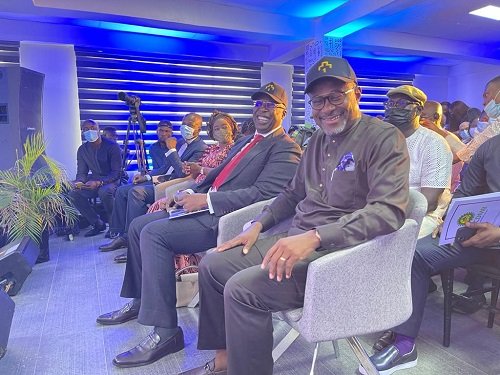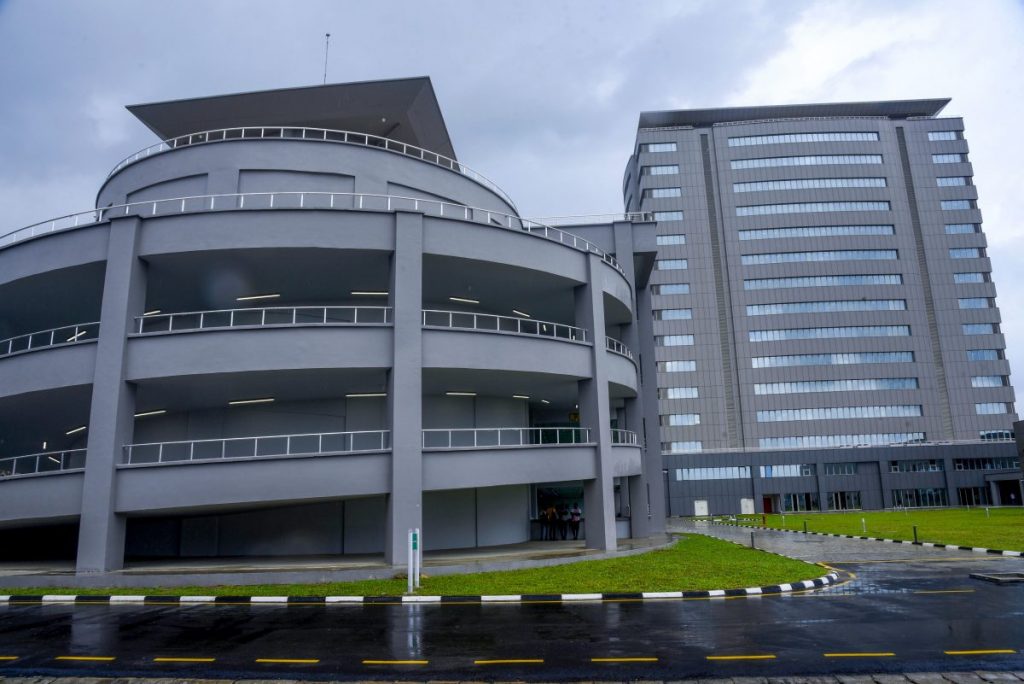2 October 2011, Sweetcrude, Port Harcourt- As the story teller told us, the Niger Delta is the theatre of auguries; the oil and gas wealth which redefined the Persian gulf from desert land to destination of choice, destroyed the land, the people and the potential of the Niger Delta.
The story teller is a retired wood carver and boat builder. Before then he was a fisherman and deep sea diver. According to him, diving lost its feasibility as the sea bed lost its clarity and tranquility. The fish went away and fiber optic boats replaced the wooden canoes they carved out of the fat bodied trees of the Niger Delta. And that was how he adapted himself into retirement, telling stories on the sandy beach to young men, engineers, kidnappers, illegal oil refiners, bankers and all the folk who traverse his community for booty and its bounty.
The man is tall, gaunt and sinewy. His language is noble, his voice clear and his diction, enlightened. Although he looks 70 years old, he is not one day older than 48 years. He is not given to self pity and does not indulge in the superlative dialect of the oppressed and victimised, what my friend, Dr. Austin Tam-George refers to as minority discourse.
“Our story is not unique in any way”, he tells his audience, an admixture of Niger Delta indigenes, Nigerians and European journeymen, “but it is assuming ramifications which would make it classical in its genre.” He is the consummate story teller, reeling out shoddy statistics that are beyond argument.
He draws his analogies from drought in Northern Nigeria, the political stalemate in America, the intemperate politics of conservative Britain and the excruciating poverty of India. He drifts from the Niger Delta with the ease of a skater on an ice rink and glides into a depressed world society: he avoids the catch phrases and clichés of universal economists, dwelling more on the societies battered by the incompetence, avarice and desperation of the men in power.
The luxury and misfortune in hearing of a people’s debasement from the lips of a romanticist is that you sooner lose the biting edge of the story. This man is no fool, no American or Indian sympathiser; he is without any doubt an activist of the Niger Delta. The thrust of the story he tells is about his loss (of home, peace and the dignity of setting his own table). In the telling of the story, he lost his audience to universality or his audience lost him because he assumed the role of curator instead of staying on cue as a simple narrator.
The Niger Delta is a theatre of auguries; we started to protest our living conditions which were brought on us by unpretentious thieves and political interest groups. Among these species were those more subtle, possessed with vast talents at manipulation so that when our protests were appearing to succeed by virtue of their legitimacy, genuineness and correctness, they were scuttled, undermined and neutralised by a spate of ‘natural’ events which saw us in the embellishments of the leader and policy maker unable to enter a protest against ourselves. And now gagged and muffled, we hear rumbling drums as of protests from the sand dunes of the Sahara while the rape against our patrimony by the designers of this ‘acceptable arrangement’ continue unabated.




